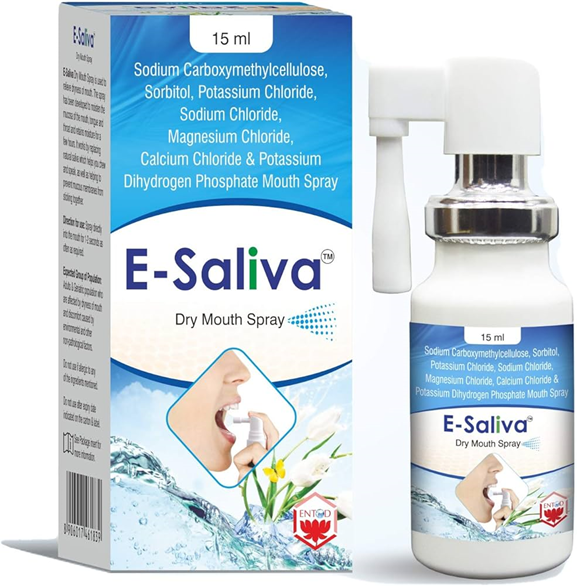A nurse is caring for a client who is 8 hr postoperative following a left hip arthroplasty. Which of the following laboratory values indicates the nurse should notify the provider?
Blood glucose 98 mg/dL
BUN 18 mg/dL
Hemoglobin 8.6 g/dL
Potassium 3.5 mEq/L
The Correct Answer is C
Choice A: This is incorrect because blood glucose 98 mg/dL is within the normal range of 70 to 110 mg/dL. The nurse does not need to notify the provider for this value.
Choice B: This is incorrect because BUN 18 mg/dL is within the normal range of 10 to 20 mg/dL. The nurse does not need to notify the provider for this value.
Choice C: This is correct because hemoglobin 8.6 g/dL is below the normal range of 12 to 18 g/dL. The nurse should notify the provider for this value as it indicates anemia, which can be caused by blood loss during surgery or impaired bone marrow function.
Choice D: This is incorrect because potassium 3.5 mEq/L is within the normal range of 3.5 to 5.0 mEq/L. The nurse does not need to notify the provider for this value.
Nursing Test Bank
Naxlex Comprehensive Predictor Exams
Related Questions
Correct Answer is D
Explanation
Choice A reason: Hypertension is not a sign of a septic reaction, but rather a sign of a hypertensive or circulatory overload reaction to the blood transfusion.
Choice B reason: Distended neck veins are not a sign of a septic reaction, but rather a sign of a circulatory overload or cardiac failure reaction to the blood transfusion.
Choice C reason: Polyuria is not a sign of a septic reaction, but rather a sign of a hemolytic or renal failure reaction to the blood transfusion.
Choice D reason: Vomiting is a sign of a septic reaction, which occurs when the blood transfusion is contaminated with bacteria. Other signs of a septic reaction include fever, chills, hypotension, and shock.
Correct Answer is A
Explanation
Choice A: This is correct because offering artificial saliva frequently can help moisten the mouth and improve the taste of food. Radiation therapy can cause dry mouth and altered taste sensation.

Choice B: This is incorrect because providing three large meals daily can be overwhelming and unappetizing for the client. The nurse should provide small, frequent meals that are high in protein and calories.
Choice C: This is incorrect because adding honey to sweeten fruit smoothies can irritate the throat and increase the risk of infection. The nurse should avoid foods that are acidic, spicy, or sticky.
Choice D: This is incorrect because heating food before serving can enhance the unpleasant taste and smell of food. The nurse should serve food cold or at room temperature.
Whether you are a student looking to ace your exams or a practicing nurse seeking to enhance your expertise , our nursing education contents will empower you with the confidence and competence to make a difference in the lives of patients and become a respected leader in the healthcare field.
Visit Naxlex, invest in your future and unlock endless possibilities with our unparalleled nursing education contents today
Report Wrong Answer on the Current Question
Do you disagree with the answer? If yes, what is your expected answer? Explain.
Kindly be descriptive with the issue you are facing.
